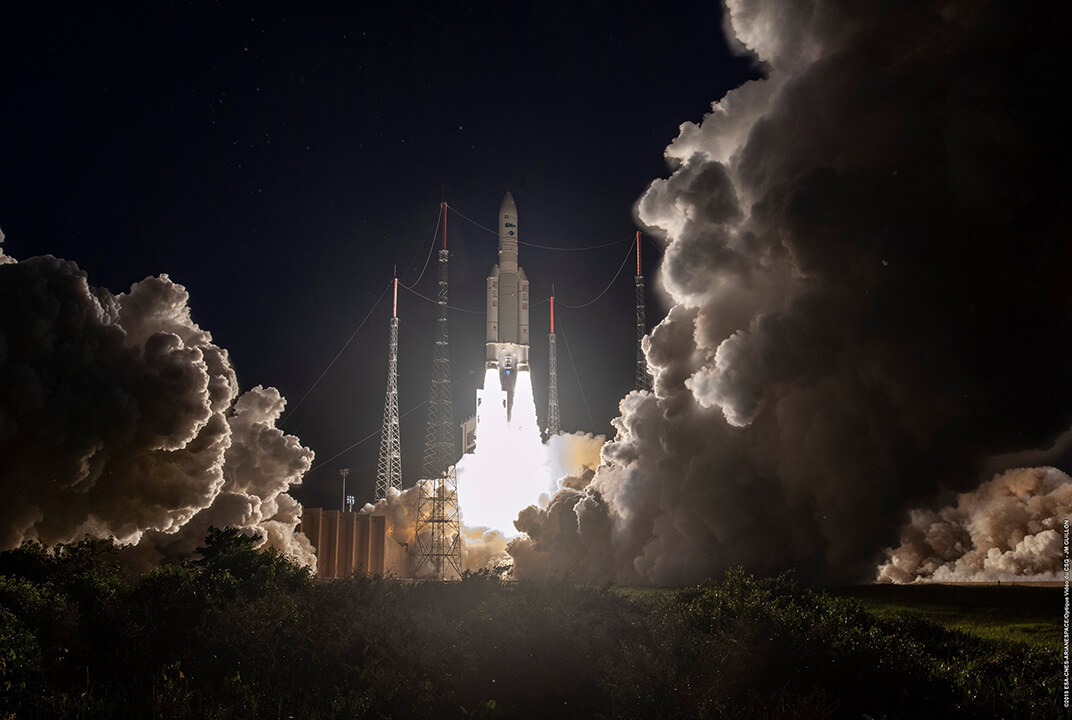Insight | A pivotal moment for humankind
A pivotal moment for humankind
Corporate
Following NASA’s successful Artemis 1 launch from Florida, Inmarsat CEO Rajeev Suri reflects on why the mission is an important moment for humankind and why he hopes it can give the space industry the renaissance it needs.
Today marks a pivotal moment for humankind, not just the space industry. NASA taking a huge step towards launching its first crewed Moon mission in fifty years is vital for many reasons, not least because it will help take astronauts further than any have been before – and ultimately land people on the Moon’s as-yet undiscovered South Pole.
More than that, the Artemis mission comes at a time when public confidence and excitement for space is dwindling. Inmarsat asked 20,000 people worldwide recently what they think about space, with just 34% saying they were excited about it – and only 26% in the UK.
Less than a quarter of people think space exploration is important (23%), with younger people much more likely to have this view. With no major Moon missions for fifty years, it’s no surprise that younger generations have lost their sense of wonder compared to those who lived in the Apollo era.
The launch of Artemis 1 should help give space the renaissance it needs. Encouragingly, 38% of people surveyed by Inmarsat wish they knew more about space and we finally have this monumental mission to help them learn.
Having come so far, we cannot afford to let the gift of space go through poor stewardship, ignorance, or inertia. The onus is now on the space industry to ensure that people are as excited and enthusiastic about space as we all should be – and to educate them on everything space brings to our lives here on Earth.


